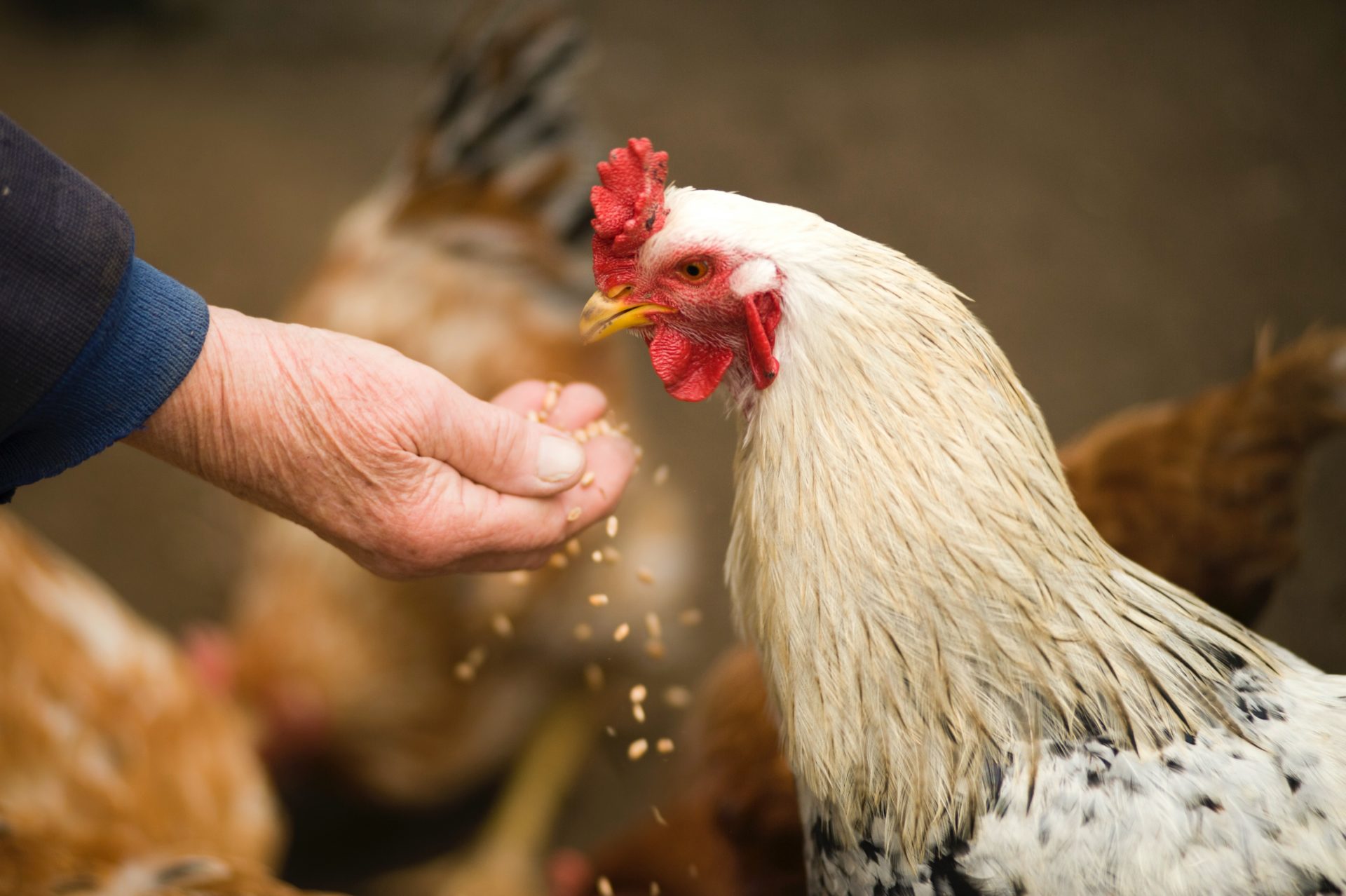What is Organic September? Our guide to Organic Living

Organic September is firstly a celebration of all things organic! From the farmers to the consumers, an organic way of life can take hard work and commitment. Organic September is in place to help inform others of this.
Secondly, Organic September is the perfect opportunity to encourage others to make the switch to organic food, clothing and homeware! With events, social media campaigns and blogs – it is easy to get educated and get involved.
We stock a range of organic products, to help get you started on your organic journey! Why not try this cotton bag set to carry your organic produce?
Or perhaps bring some colour to your kitchen with these kitchen linens!
What does the term organic actually mean?
‘Organic is a system of farming and food production. Organic farmers aim to produce high-quality food, using methods that benefit our whole food system, from people to planet, plant health to animal welfare.’ - The Soil Association
Organic is a legally regulated term, which is essentially the act of producing food without the use of pesticides, synthetic fertilisers, and additives. Organically grown food contains no GMO and encourages the use of natural pesticides such as ladybirds to keep other insects at bay.
In order for a food to be classified as organic, a minimum of 95% of the ingredients must be from organically produced crops or animals.
What are the benefits of buying organic?
- Planet Friendly -
Organic farming uses none of the chemicals, synthetic fertilisers and pesticides used in conventional farming, reducing the harm caused to other wildlife. The use of these products for intensive farming has caused a rapid decline of our pollinators, such as bees, which are imperative to the planet’s survival.
There is also evidence to suggest that organic farming can be more energy efficient! - Supports animal welfare –
By purchasing organically produced meat and dairy, you are supporting high animal welfare standards and treatment. Organic livestock are fed hormone & GMO free food, and they must have access to the outdoors. The higher living standards reduce stress in the animals and can help to prevent disease. This in turn reduces the need for routine antibiotics, which are banned under the organic standards. Typically, herds of organic livestock are also smaller so better care and attention can be given to each animal, and they have plenty of space. - Healthier food -
Although organic food does not technically contain more nutrients, it can encourage a healthier diet! An organic diet typically consists of predominantly fresh fruits, vegetables and meats as opposed to processed, fatty ‘junk’ food. What is more, organic meat and milk are said to be richer in omega 3 acids, and all food will be additive free. - Reduced exposure to pesticides –
Finally, the ban on use of chemical pesticides and fertilisers prevents pollution into our lakes, rivers and oceans! The reduction in use of chemicals protects aquatic life and improves water cleanliness.
Why not take just one simple step towards an organic way of life this September? Pick up that delicious organic produce, or invest in some organic cotton kitchenware - perfect for living a more sustainable, planet friendly life.
